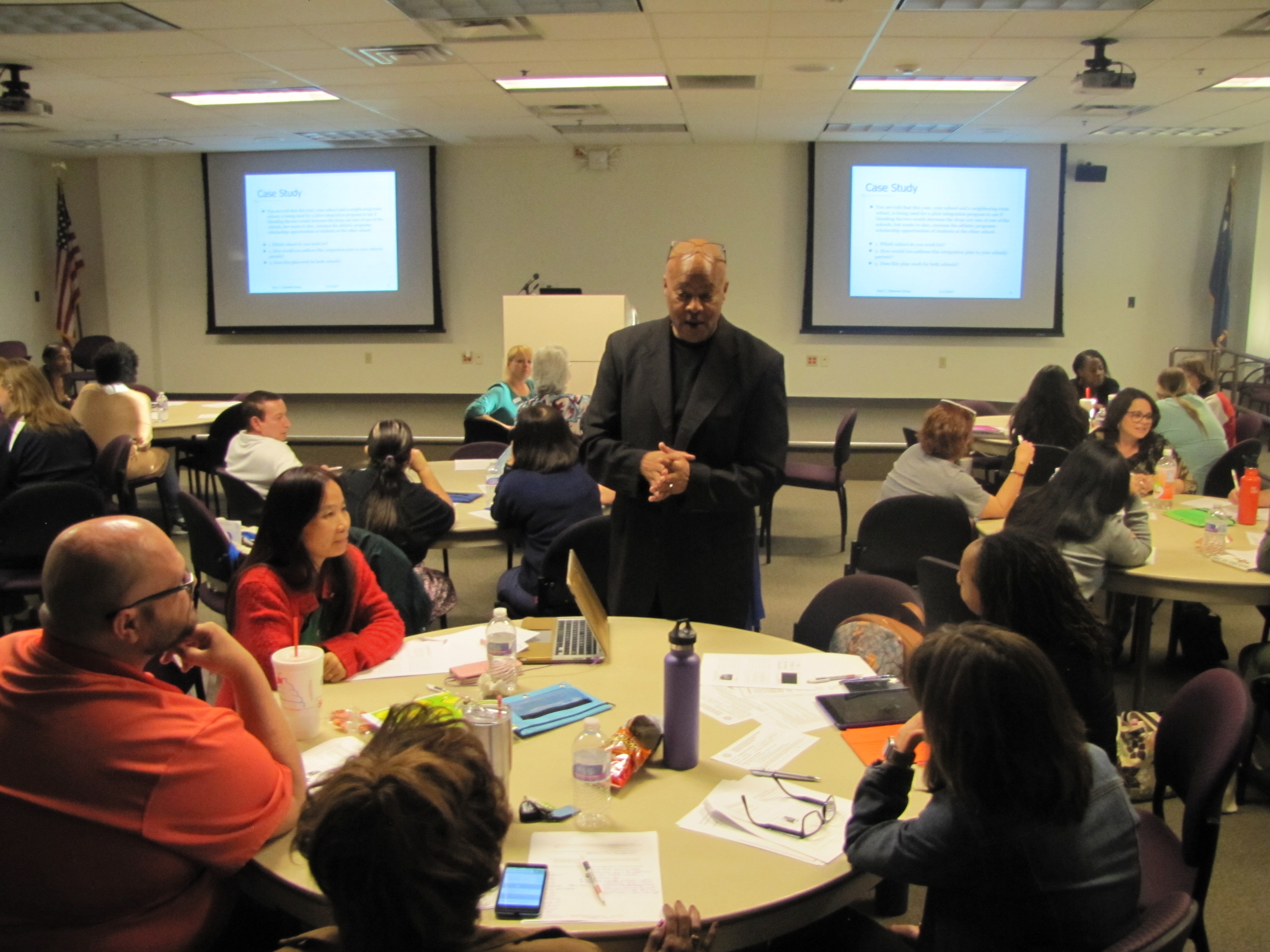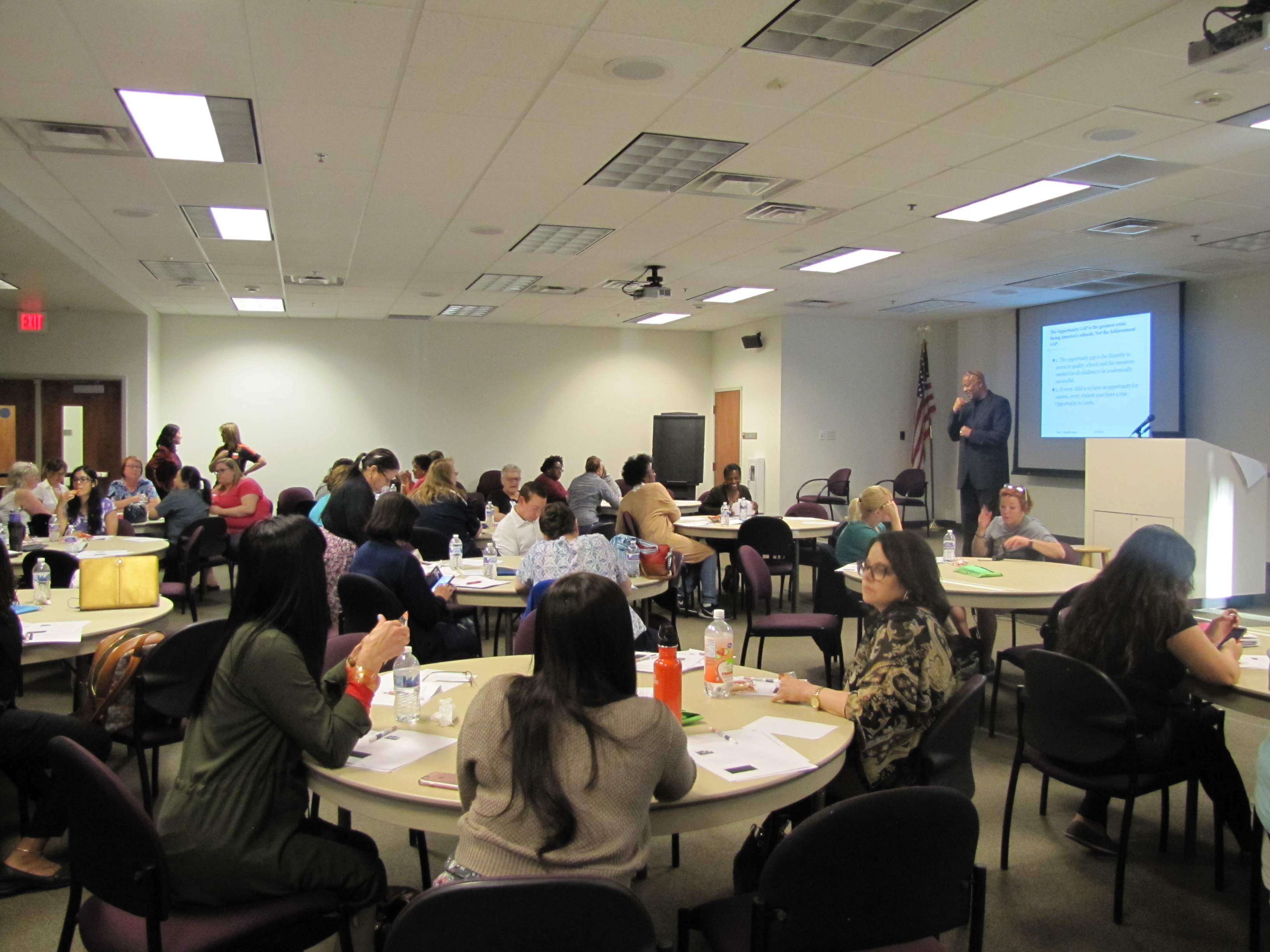Work with The Rory T. Edwards Group
Team Rory T. Edwards is comprised of enthusiastic, passionate and people-focused professionals who believe in creating breakthroughs to extraordinary performances. It is not smoke and mirrors. Our expert trainers, speakers and coaches create collaborations with thinkers and doers, because we believe that preparation and coaching is more than simply an occurrence. We believe in relevance-based coaching. We believe in performance modification and improvement. Our sessions are more than workshops! We want to improve your return on your investment!
Why the Rory T. Edwards Group?
Primarily, we are an access, advancement, and accomplishment motivated business. We create breakthrough occurrences before, during and after assembling through multi-faceted, high energy, real-life solutions-based experiences. We provide solutions that
make you feel like you are the only person in the room. We help you achieve the dynamic outcomes and results you desire. In addition, we provide post-session follow-ups and individual sessions to those who are so inspired. Our mission is “Dream Big-Work Hard-Play Fair-Love Gently!”
What businesses want from Consultants, like the Rory T. Edwards Group
As the leaders in business development coaching, we know the value our learning and development programs bring to organizations. But we also want to ensure you’re receiving a high return on investment. By clearly understanding the trends emerging in our learning, coaching and development programs, we’ll better position companies to select the right targeted solutions to drive results, increase employee engagement, and increase innovation and productivity.
- Ignite managers’ passion to coach their employees.Historically, managers passed on knowledge, skills, and insights through coaching and mentoring. But in our more global, complex, and competitive world, the role of the manager has eroded. Managers are now overburdened with responsibilities. They can barely handle what they’re directly measured on, let alone offer coaching and mentoring. Organizations need to support and incentivize managers to perform this work.
- Deal with the short-shelf life of learning and development needs. It used to be that what you learned was valuable for years, but now, knowledge and skills can become obsolete within months. This makes the need to learn rapidly and regularly more important than ever. This requires organizations to rethink how learning and development happens from a once-in-a-while activity, to a more continuous, ongoing campaign.
- Teach employees to own their career development.Highly-structured, one-size-fits-all learning programs don’t work anymore. Individuals must own, self-direct, and control their learning futures. Yet they can’t do it alone, nor do you want them to. The development and growth of your talent is vital to your ongoing success, ability to innovate, and overall productivity.
- Provide flexible learning options. Telling employees, they need to engage in more learning and development activities with their already heavy workload often leaves them feeling overwhelmed and consumed by the question, “When and how will I find the time?” Companies must respond by adopting on-demand and mobile solutions that make learning opportunities more readily accessible for your people.
- Serve the learning needs of more virtual teams.While most organizations have more people working remotely and virtually, it does require more thought and creativity in how to train this segment of your workforce. This includes formal types of learning through courses, but also the informal mentoring and coaching channels. Just because employees are out of sight doesn’t mean they get to be out-of-mind when it comes to learning and development.
- Build trust in organizational leadership. People crave transparency, openness, and honesty from their leaders. Unfortunately, business leaders continue to face issues of trust. According to a survey, one in four workers say they don’t trust their employer, and only about half believe their employer is open and upfront with them. If leaders disengage or refuse to share their own ongoing learning journeys, how can they expect their people to enthusiastically pursue theirs? It’s the old adage of “lead by example.” If managers want employees to engage in learning and development, then they need to show that they are actively pursuing their own personal learning journeys as well.
- Match different learning options to different learning styles. With five generations actively in the workforce, organizations must restructure the way employees learn and the tools and activities they use to correctly match the different styles, preferences, and expectations of employees. For example, Millennials came of age using cell phones, computers, and video game consoles, so they expect to use these technologies to support their learning activities.


